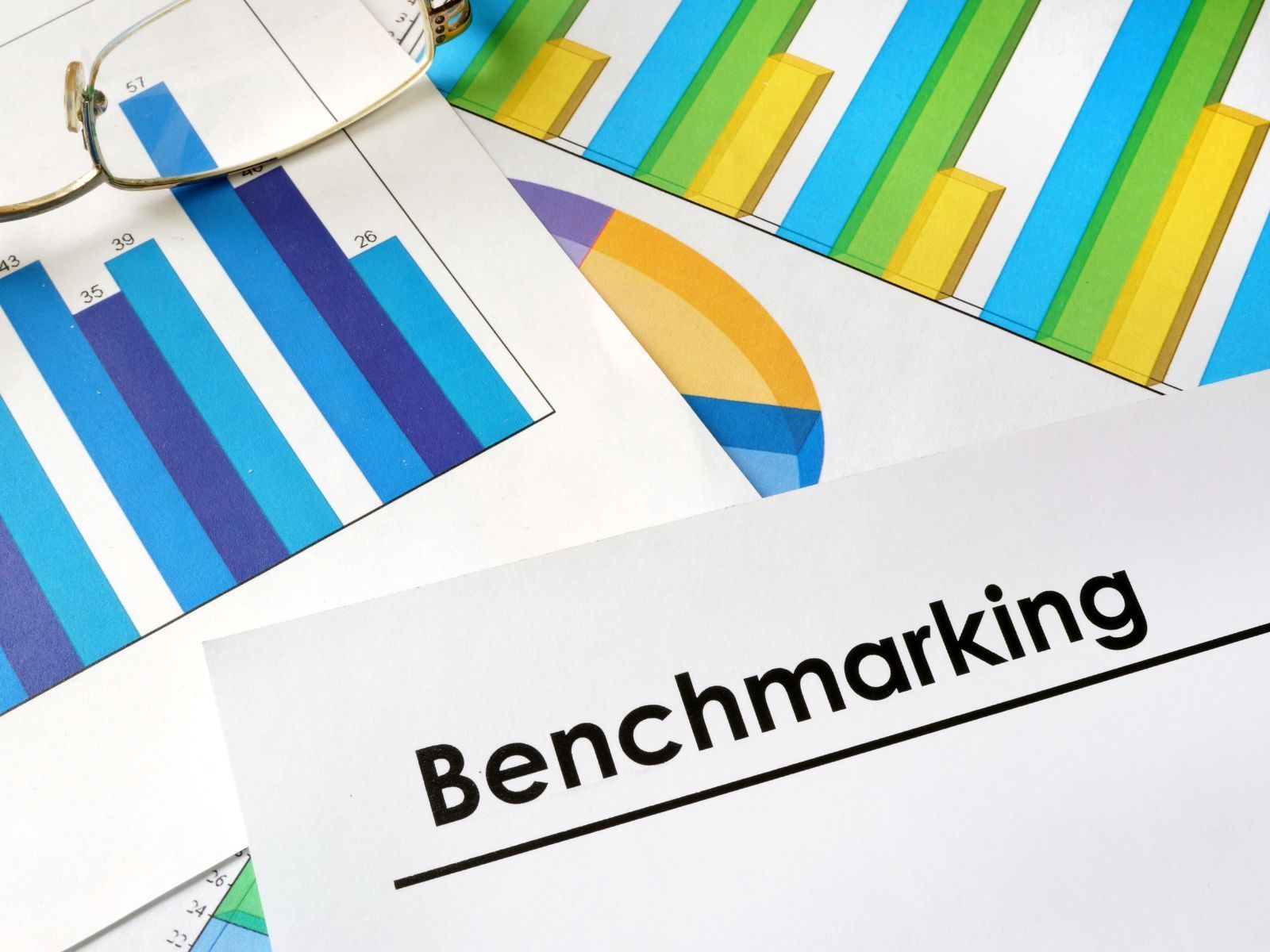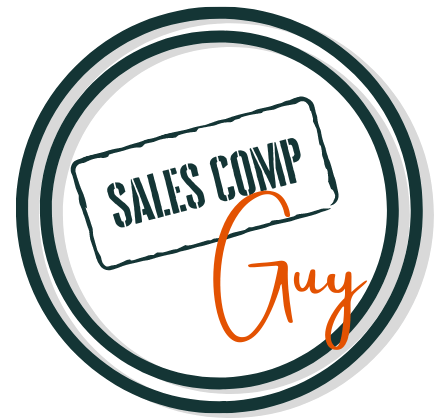How Payout Timing Affects Motivation for Your Sales Force
It's important to connect rewards with performance as soon as possible.

One of the fundamental goals of a good sales compensation structure is the motivation of your salespeople. There are many points in the compensation cycle that can make or break the momentum of a salesperson, including objective setting, performance periods, and non-monetary rewards. Another factor that affects the drive of an individual on a variable pay program is the timing of the payout of the incentives.
A best practice in payout timing is to connect the financial reward to performance as quickly as you can afford to do so. For example, if your performance period is one month, then at the end of the month, it would be ideal to reward your salesperson for their performance. However, it’s not always financially viable to do that.
Here are a few things to consider when determining your payout timing for the variable pay part of your compensation structure:
Where’s the Cash?
First of all, if you don’t have a good understanding of your company’s cash position, I recommend reading my book, Starting Simple: Sales Compensation to guide you in the order of establishing a compensation structure—because step one is analyzing your finances and approaching compensation from a position of “what can I afford?”
If you have a good grasp on what you can afford to offer your salespeople, then let’s get back to the nitty gritty of payout timing. Where is the cash in the deal? Does it come up front after a client or customer signs on? Will it come later? In cycles of payments? Only after certain criteria are met? All of these questions factor into payout timing. You can reward your salesperson immediately if the cash comes immediately. However, if it doesn’t, you may need to or want to adjust your schedule.
Is the cash a sure thing?
Depending on what you’re selling, that final handshake or signature may be a promise of payment, or it may be a schedule of payment once criteria are met. If it’s the latter, you’ll want to determine whether your salespeople’s variable pay is dependent on the handshake or on the payment. Do they get a bonus for closing a deal? Or do they get a commission on the final payment? Or is it genuinely in parts and pieces, depending on the limitations of your cash flow?
If there are dependencies on the final payment, make sure your salespeople understand that their pay is contingent on the finalization of the sale and let them know how long that might take. If this is something that can be influenced and improved on, let the salesperson play an active role in improving the cash position on the transactions and reward them accordingly for this effort.
How Much Pay is At Risk?
If your sales structure is set up with relatively low base pay and higher pay at risk or variable pay, your salesperson is going to be even more highly motivated by that incentive pay. They are also likely to rely on its consistency and dependability at a very personal level.
The only control your salesperson has over their variable pay is their performance. They need to be able to depend on your organization to come through on its end of the deal. So set your payout timing to something realistic and achievable.
If things go well and you’re able to pay out earlier than anticipated, that’s excellent. But paying out later than promised can be a big problem for your salesperson. That’s why it’s more important to set up a schedule that you can commit to rather than hoping to align “market practice” and be unable to deliver on it.
More Risk, More Reward?
It’s my personal opinion that the higher percentage of total pay at risk for a salesperson, the more frequent should be their opportunities to over-perform and receive a payout. Remember, the closer you can connect payout to performance, the more effective variable pay is in motivating a salesperson. If they are working largely on commission, it’s important to come up with a system that allows them access to their rewards as frequently and dependably as possible.
While payout timing isn’t the only factor in motivating your salespeople, it is definitely an important one. Too much time between rewards can lower performance or even make a salesperson consider greener pastures. On the other hand, you have to create a schedule that is financially viable and sustainable for your organization. Striking this balance is challenging but ultimately worth the effort.












